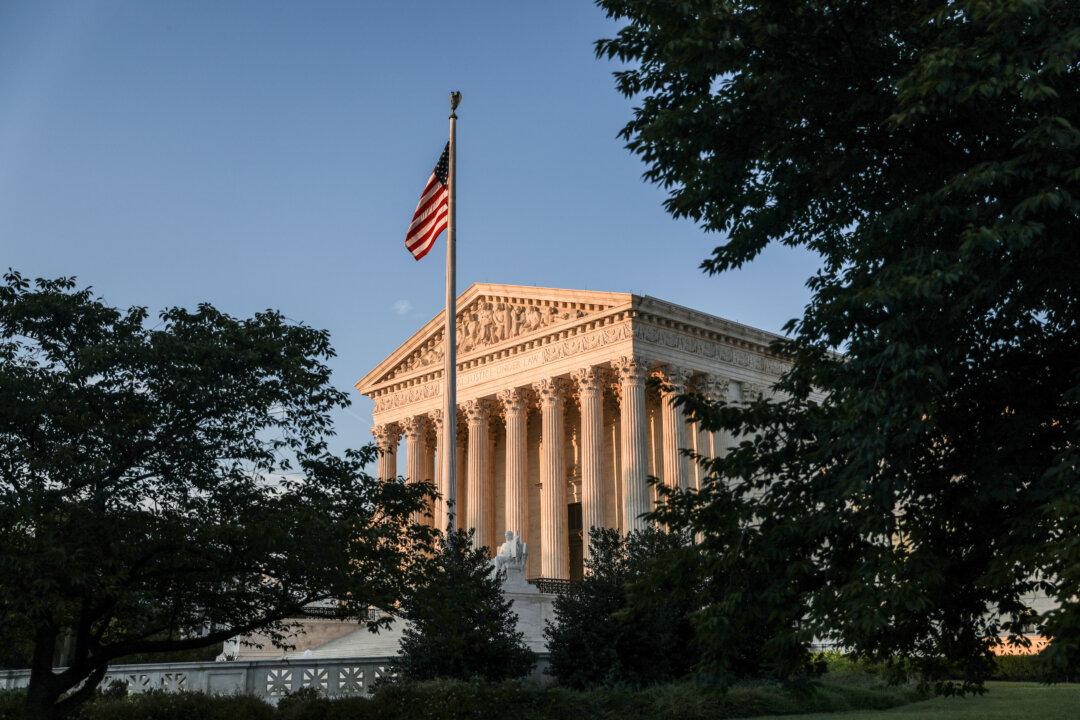WASHINGTON—Supreme Court justices questioned the wisdom of allowing regulators to ban faxed solicitations that seek to give away a product for free during oral arguments on March 25, in a case that could have broader implications for telemarketers and political campaigners.
A ruling for the sender of the unwanted fax could weaken the administrative state by taking power away from unelected bureaucrats who write and enforce rules interpreting laws approved by lawmakers elected by the American people.





